Stay Healthy This Winter: Top 10 Easy Home Remedies to Prevent Colds
As the temperature drops and winter approaches, so does the season of colds and flu. The chilly weather brings with it the challenge of staying healthy amidst the increased risk of viral infections. While over-the-counter medications are readily available, many people are turning to natural remedies to bolster their immune systems and ward off sickness. These remedies not only provide relief but also come with fewer side effects and are often more cost-effective. In this article, we will explore 10 easy home remedies that can help keep colds at bay this winter, allowing you to embrace the season with confidence and vitality. From boosting immunity with nutrient-rich foods to utilizing the healing properties of herbs and spices, each remedy is carefully chosen for its effectiveness and simplicity. Let's delve into these natural solutions and discover how you can make this winter a healthier one.
The Power of Vitamin C - Nature's Immune Booster
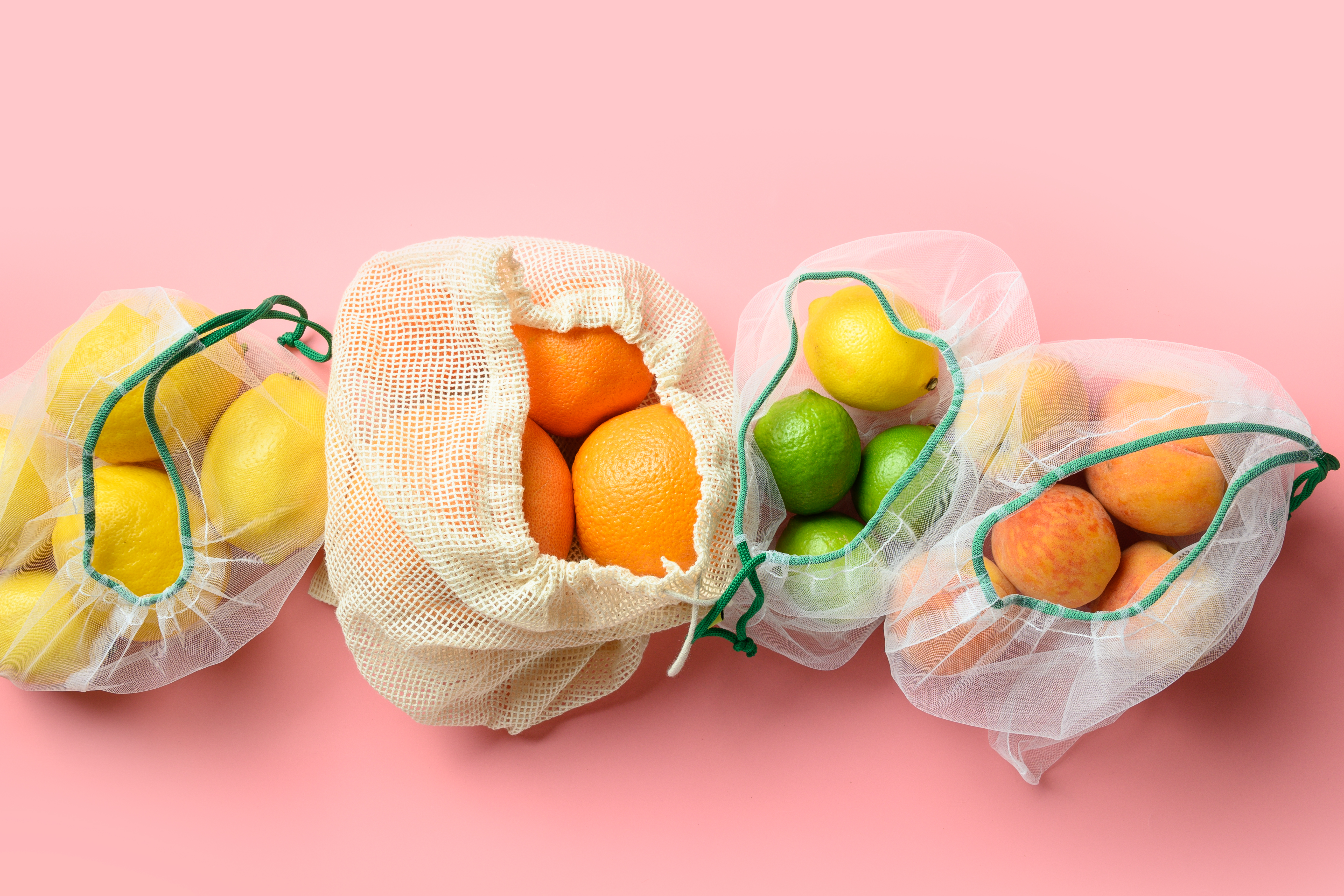
Vitamin C is one of the most well-known vitamins for its immune-boosting properties. Found abundantly in citrus fruits like oranges, lemons, and grapefruits, vitamin C is essential for the production of white blood cells, which are crucial for fighting infections. Regular consumption of vitamin C-rich foods can help reduce the duration and severity of colds. Additionally, vitamin C acts as an antioxidant, protecting cells from damage by free radicals. Incorporating a variety of vitamin C sources into your diet, such as kiwis, strawberries, and bell peppers, can provide a steady supply of this vital nutrient. While supplements are available, obtaining vitamin C from whole foods ensures you receive other beneficial compounds like fiber and phytochemicals. This natural approach can enhance your body's defense mechanisms, making it a cornerstone in the prevention of winter colds.
Ginger - The Spicy Root with Healing Properties
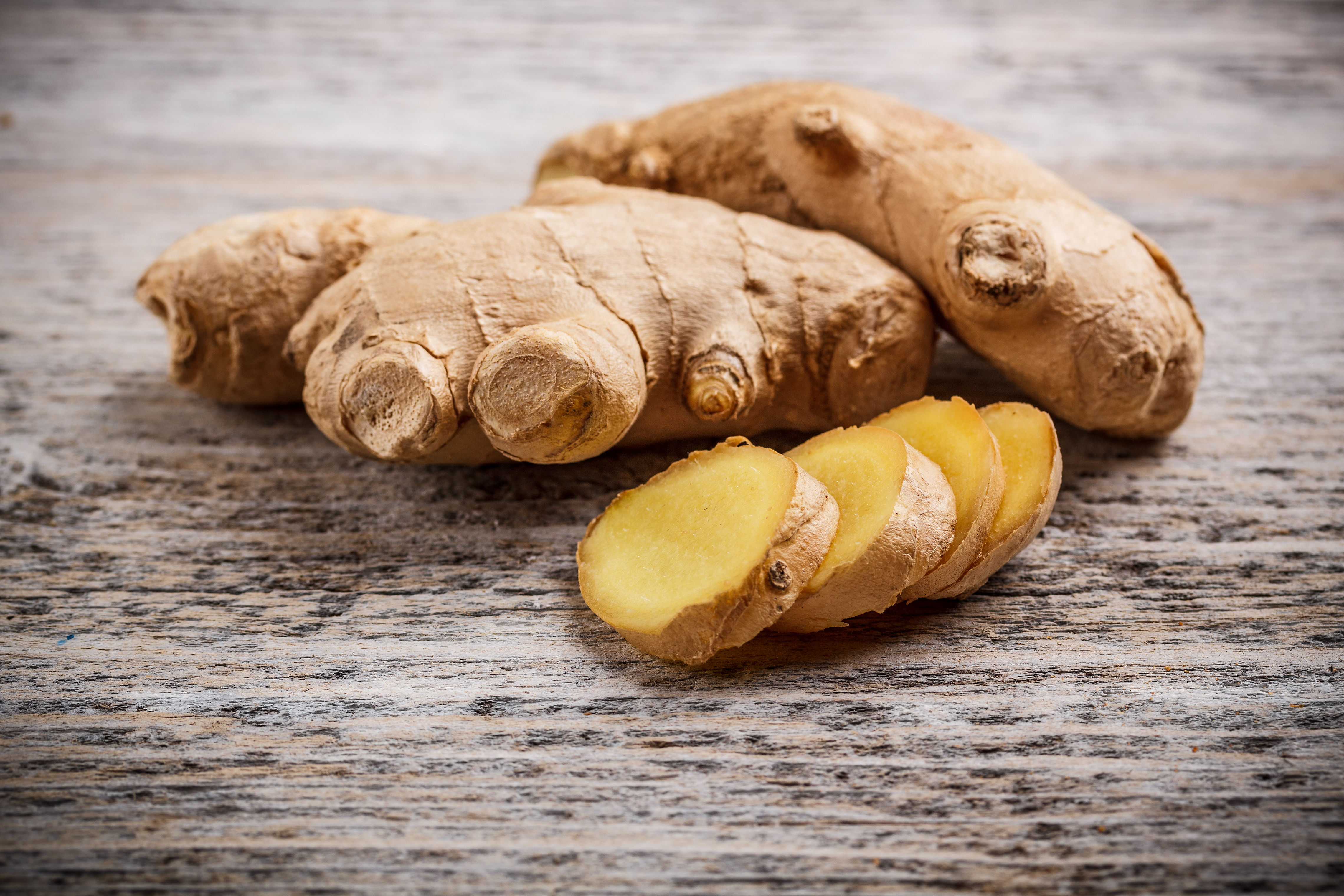
Ginger is a powerful root with a long history of medicinal use, particularly in traditional Asian medicine. Its anti-inflammatory and antioxidant properties make it an excellent remedy for preventing colds. Ginger can help alleviate symptoms such as sore throat, congestion, and nausea. The active compounds in ginger, such as gingerol, have been shown to inhibit the growth of certain bacteria and viruses. Drinking ginger tea is a soothing way to harness these benefits, especially when combined with honey and lemon for added immune support. Fresh ginger can also be added to soups, stir-fries, and smoothies to boost flavor and health benefits. By incorporating ginger into your daily routine, you can strengthen your immune response and reduce the likelihood of falling ill during the colder months.
Honey - Nature's Sweet Antimicrobial
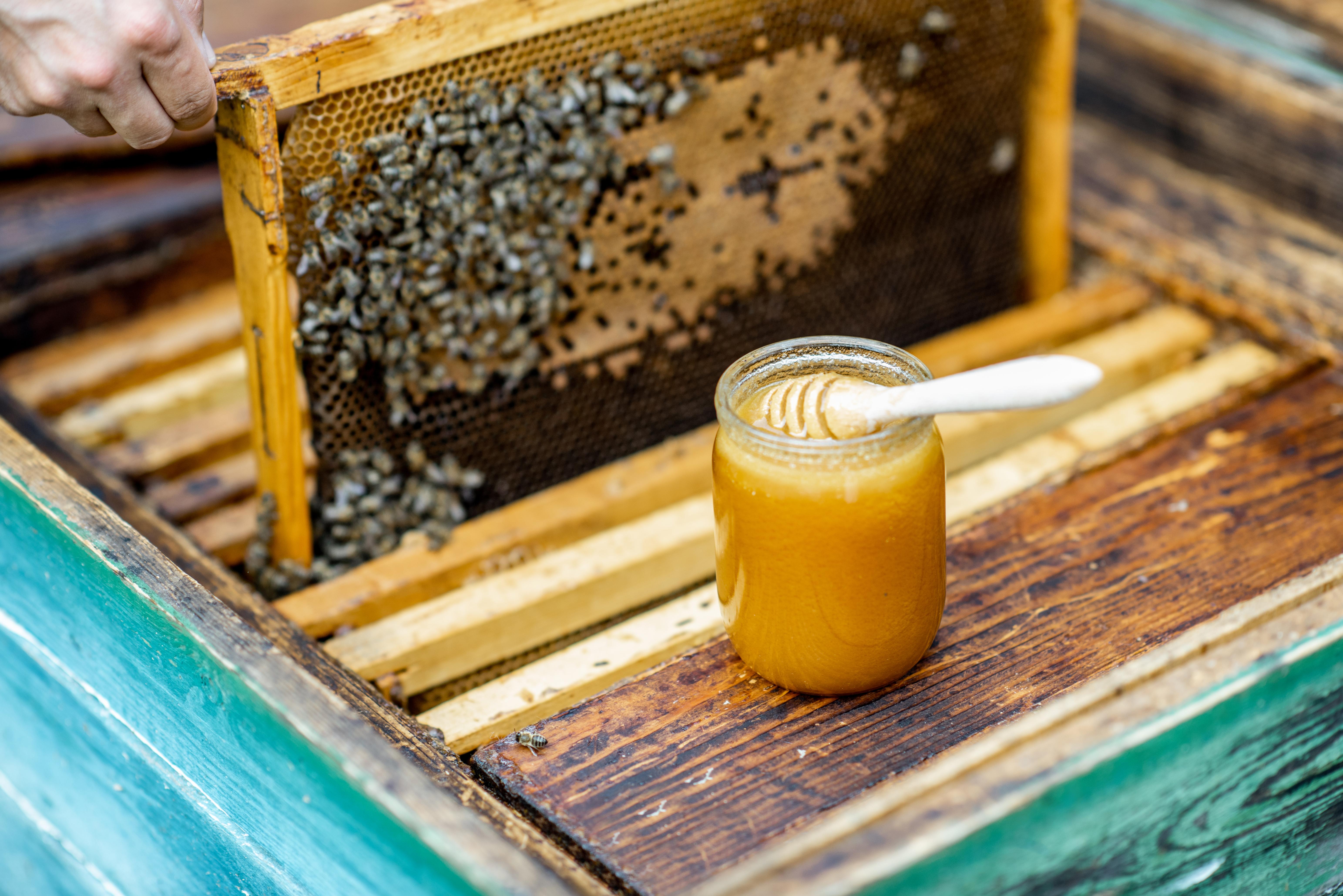
Honey is not only a natural sweetener but also a potent antimicrobial agent. Its thick consistency and natural enzymes make it effective in soothing sore throats and reducing cough frequency. Honey's ability to coat the throat provides relief from irritation, while its antibacterial properties help fight off infections. Manuka honey, in particular, is renowned for its high concentration of methylglyoxal, a compound with strong antimicrobial effects. A spoonful of honey can be taken on its own or mixed into warm teas and beverages for added comfort and healing. However, it's important to note that honey should not be given to children under one-year-old due to the risk of botulism. For everyone else, incorporating honey into your winter wellness routine can be a sweet and effective way to combat colds naturally.
Garlic - The Immune-Boosting Bulb
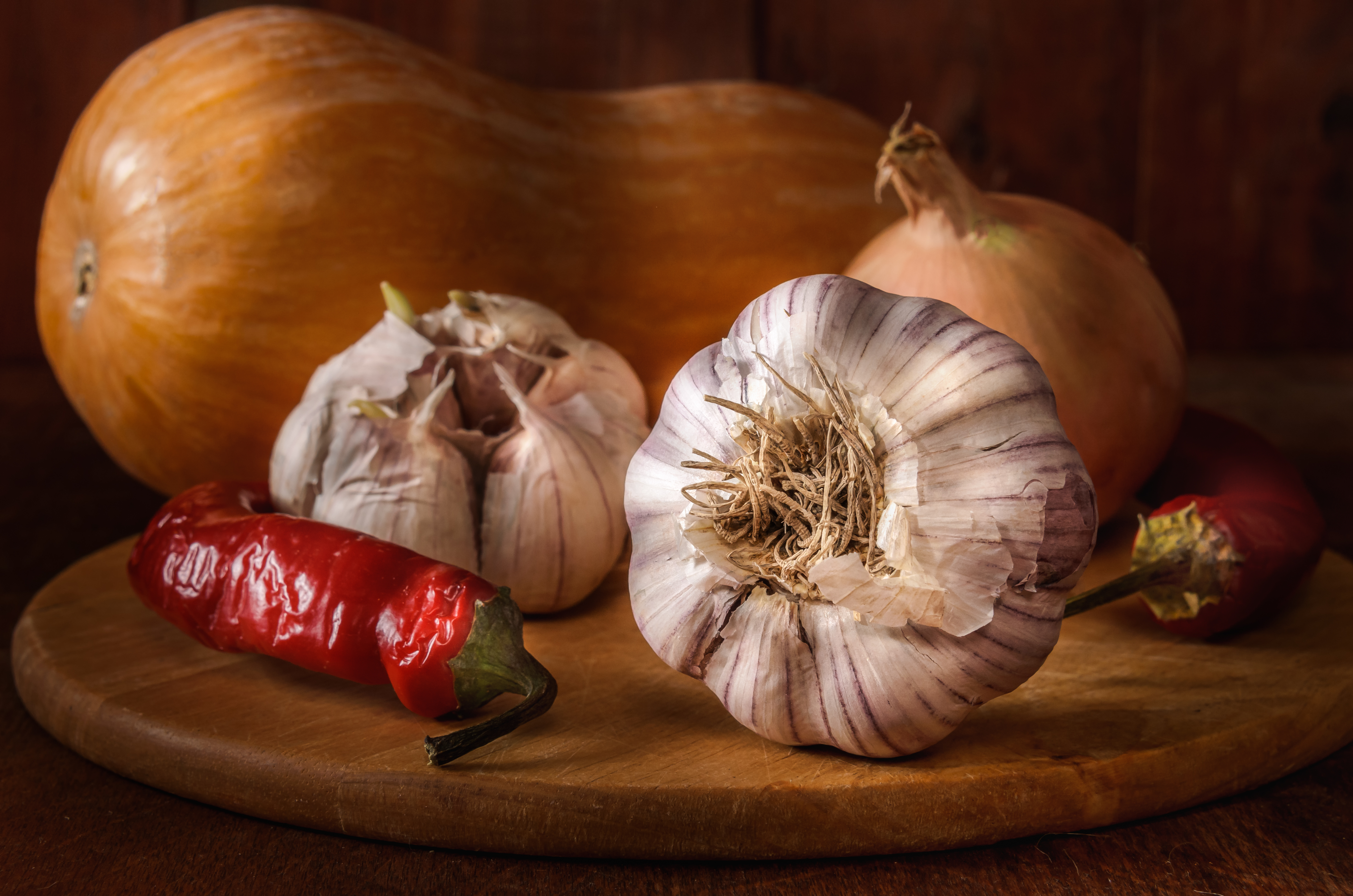
Garlic is a culinary staple known for its pungent aroma and flavor, but it also boasts impressive health benefits. Rich in sulfur compounds like allicin, garlic is celebrated for its immune-boosting and antiviral properties. Regular consumption of garlic can enhance the activity of immune cells, helping the body fend off cold viruses. Incorporating raw or lightly cooked garlic into your diet can provide the maximum health benefits, as cooking can reduce its potency. Garlic can be added to a variety of dishes, from soups and stews to salad dressings and marinades. For those who find raw garlic too strong, garlic supplements are available as an alternative. By making garlic a part of your winter diet, you can harness its natural ability to protect against colds and flu.
Echinacea - The Herbal Immune Enhancer
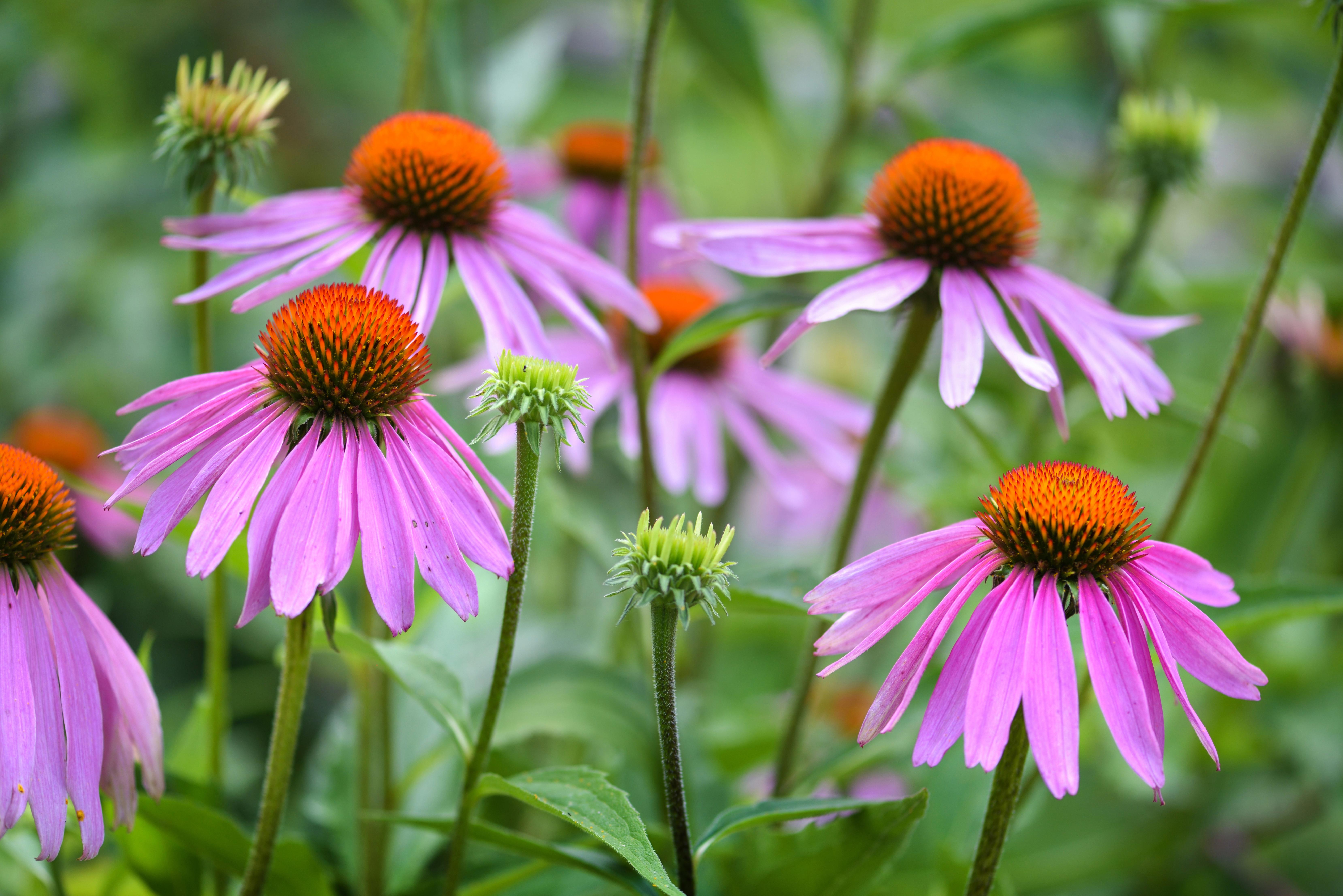
Echinacea, a flowering plant native to North America, has been used for centuries to support the immune system. It is particularly popular as a preventative measure against colds and flu. Echinacea is believed to increase the number of white blood cells, enhancing the body's ability to fight infections. Available in various forms, including teas, tinctures, and capsules, echinacea is a convenient addition to your winter wellness routine. While research on its effectiveness is mixed, many people report a reduction in cold symptoms and duration when taking echinacea at the onset of illness. It's important to follow recommended dosages and consult with a healthcare provider, especially if you have allergies or are taking other medications. By incorporating echinacea into your regimen, you can provide your immune system with an herbal boost during the cold season.
Probiotics - Balancing Gut Health for Immunity
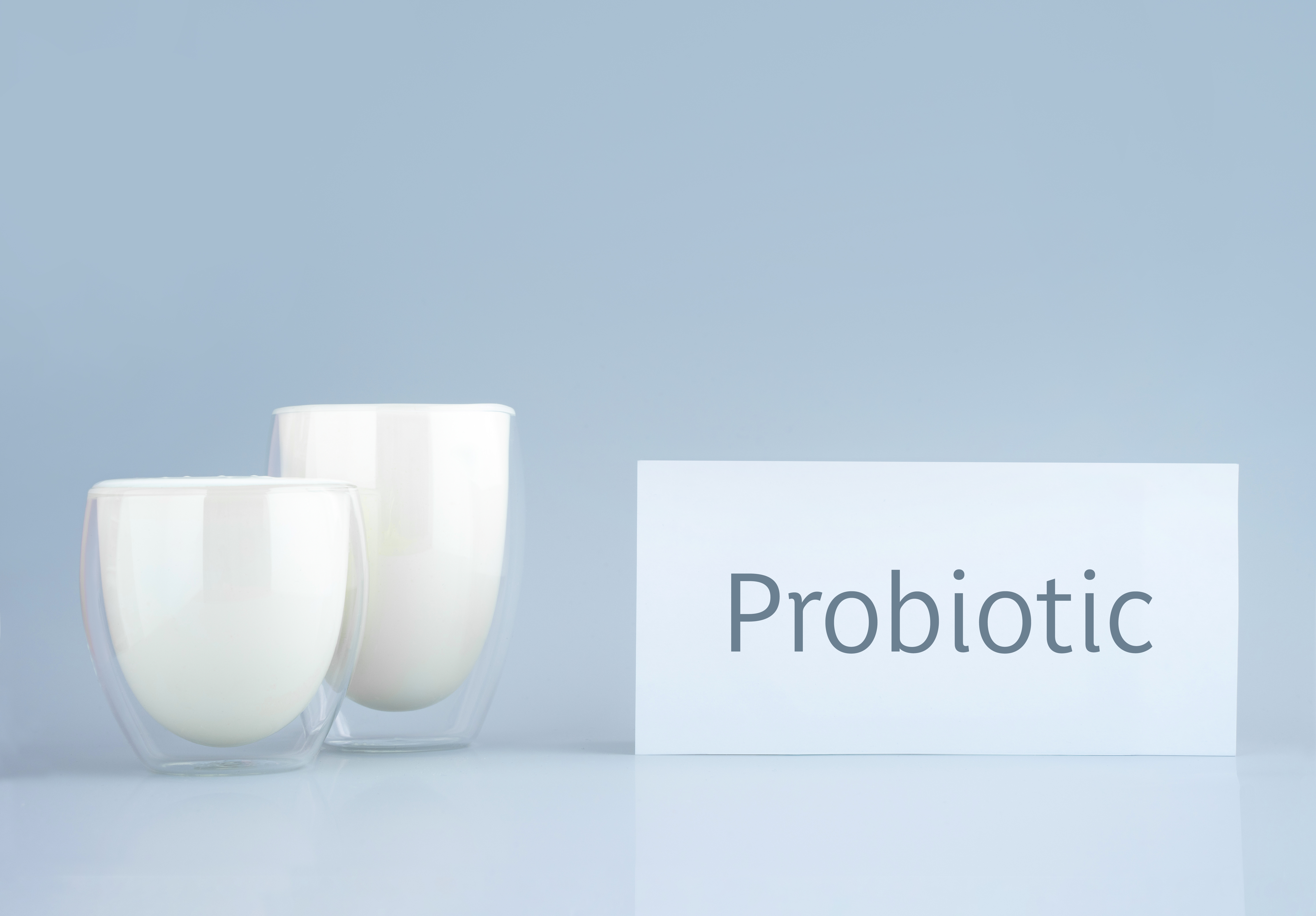
Probiotics, the beneficial bacteria found in fermented foods and supplements, play a crucial role in maintaining a healthy gut microbiome. A balanced gut is essential for a robust immune system, as a significant portion of immune function is connected to the digestive tract. Consuming probiotic-rich foods like yogurt, kefir, sauerkraut, and kimchi can help support gut health and, in turn, enhance your body's ability to fight off colds. Probiotics help maintain the integrity of the gut lining, preventing harmful bacteria and viruses from entering the bloodstream. Regular intake of probiotics can also reduce the incidence and severity of respiratory infections. By including these beneficial bacteria in your diet, you can fortify your immune defenses and reduce susceptibility to winter illnesses.
Hydration - The Unsung Hero of Health

Staying hydrated is vital for overall health, especially during the winter months when the air is dry and the temptation to drink less water is high. Proper hydration supports the immune system by helping to flush out toxins and keep mucous membranes moist, which is essential for trapping and eliminating pathogens. Drinking enough water also ensures that the body's cells function optimally, including those involved in immune response. Herbal teas, broths, and water-rich fruits and vegetables can contribute to your daily fluid intake. While the recommended amount of water varies depending on individual needs, aiming for at least eight glasses a day is a good starting point. By prioritizing hydration, you can support your body's natural defenses against colds and flu.
Turmeric - The Golden Spice with Immune Benefits
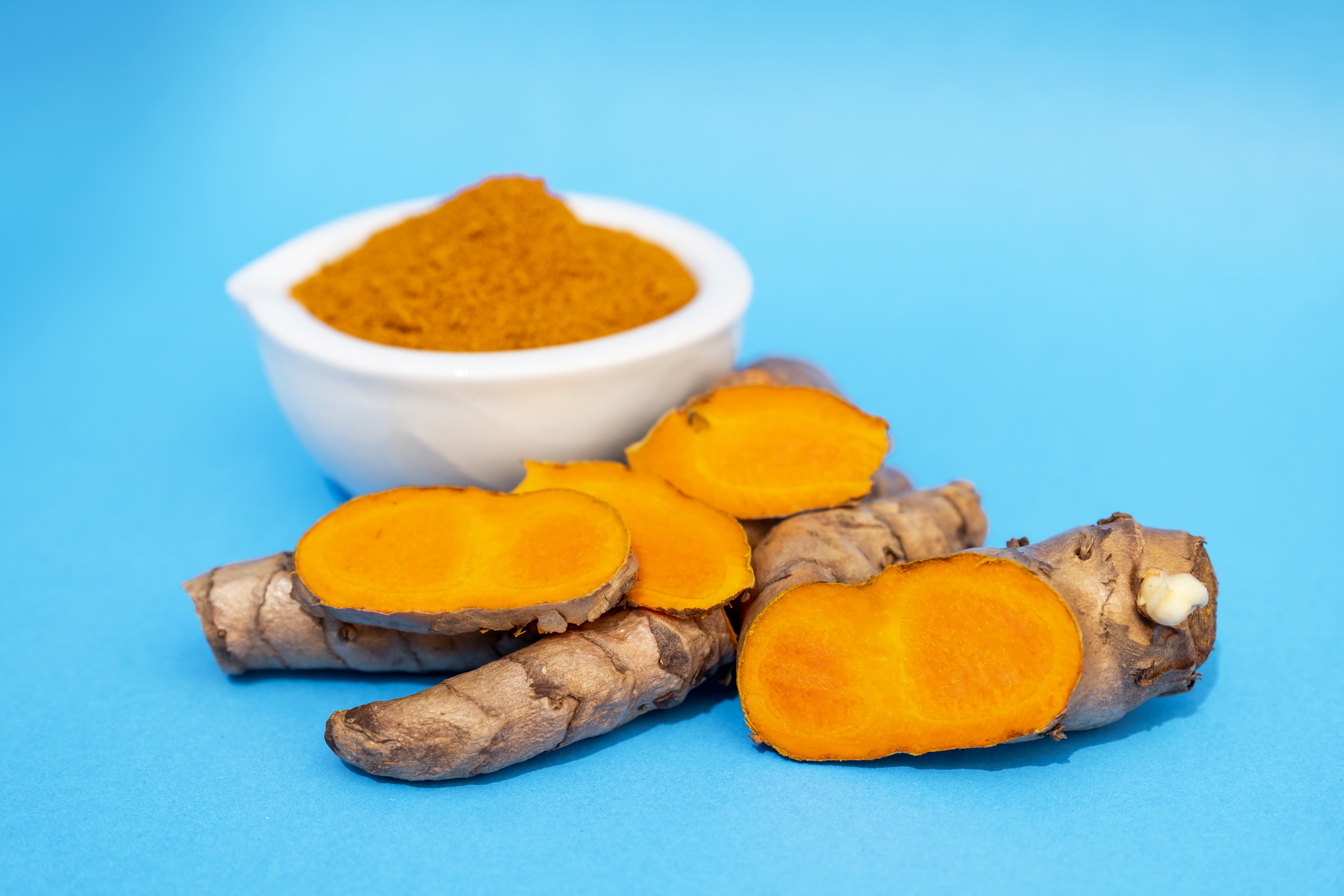
Turmeric, a vibrant yellow spice commonly used in Indian cuisine, is renowned for its anti-inflammatory and antioxidant properties. The active compound in turmeric, curcumin, has been shown to modulate the immune system and reduce the risk of infections. Incorporating turmeric into your diet can help bolster your body's defenses against colds. Golden milk, a warm beverage made with turmeric, milk, and spices, is a popular way to enjoy its health benefits. Turmeric can also be added to soups, curries, and smoothies for a flavorful and nutritious boost. For those seeking a concentrated dose, curcumin supplements are available, though it's important to note that curcumin is best absorbed when consumed with black pepper. By embracing turmeric's healing properties, you can enhance your winter wellness strategy.
Rest and Relaxation - The Foundation of Immunity

Adequate rest and relaxation are fundamental to maintaining a strong immune system. During sleep, the body repairs and regenerates cells, including those involved in immune response. Chronic sleep deprivation can weaken the immune system, making you more susceptible to colds and other infections. Establishing a regular sleep schedule and creating a restful environment can improve sleep quality and duration. In addition to sleep, managing stress through relaxation techniques like meditation, yoga, and deep breathing can bolster immunity. Stress hormones can suppress immune function, so finding ways to unwind and recharge is crucial. By prioritizing rest and relaxation, you can support your body's natural ability to fight off winter illnesses.
Essential Oils - Aromatic Allies in Cold Prevention
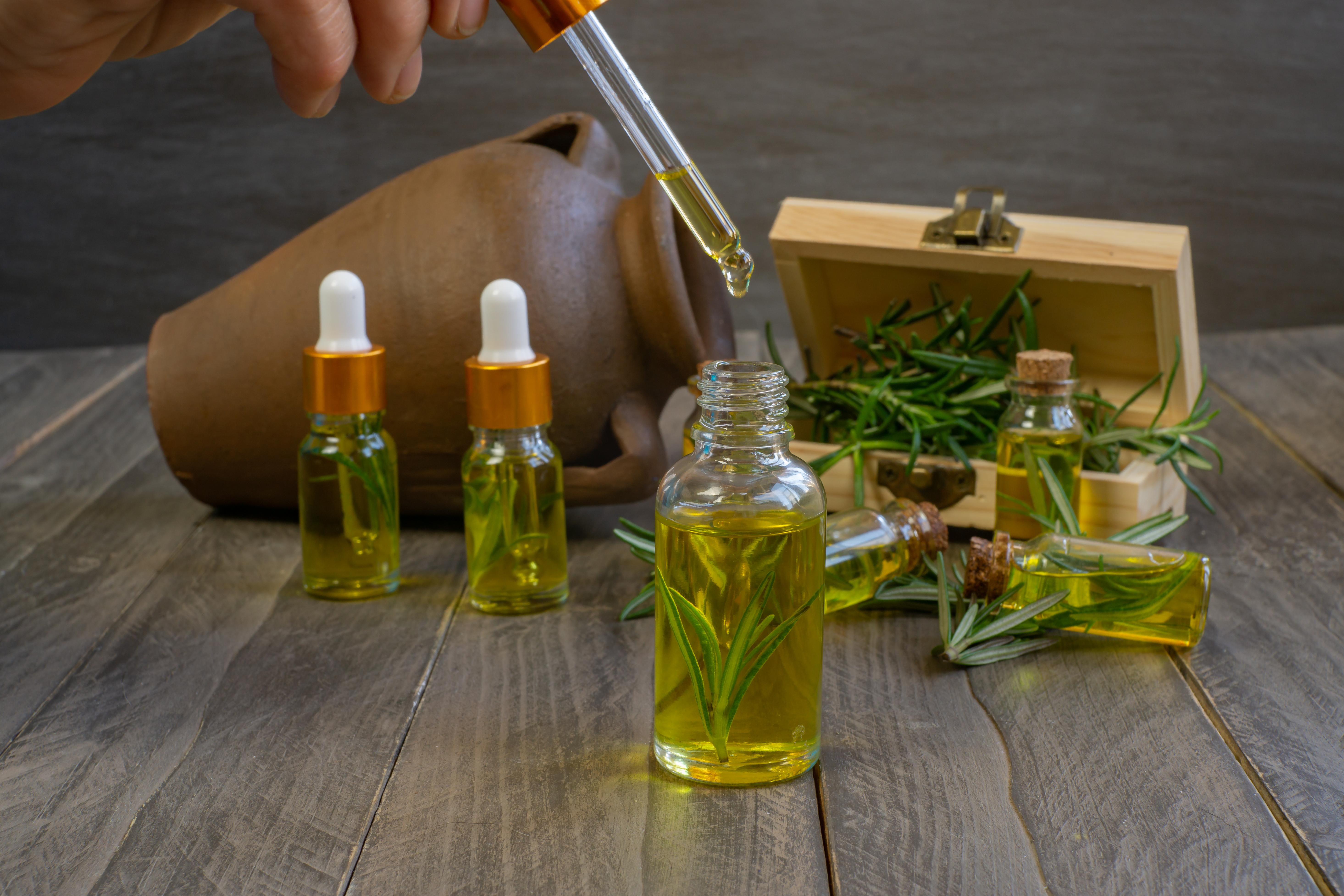
Essential oils, derived from plants, offer a natural way to support the immune system and alleviate cold symptoms. Oils like eucalyptus, peppermint, and tea tree have antimicrobial properties that can help clear congestion and soothe respiratory discomfort. Diffusing these oils in your home can purify the air and provide relief from cold symptoms. Essential oils can also be used in steam inhalations or diluted with a carrier oil for topical application. While essential oils are generally safe, it's important to use them properly and consult with a healthcare provider if you have any concerns. By incorporating essential oils into your winter wellness routine, you can harness their aromatic benefits to keep colds at bay.
A Holistic Approach to Winter Wellness
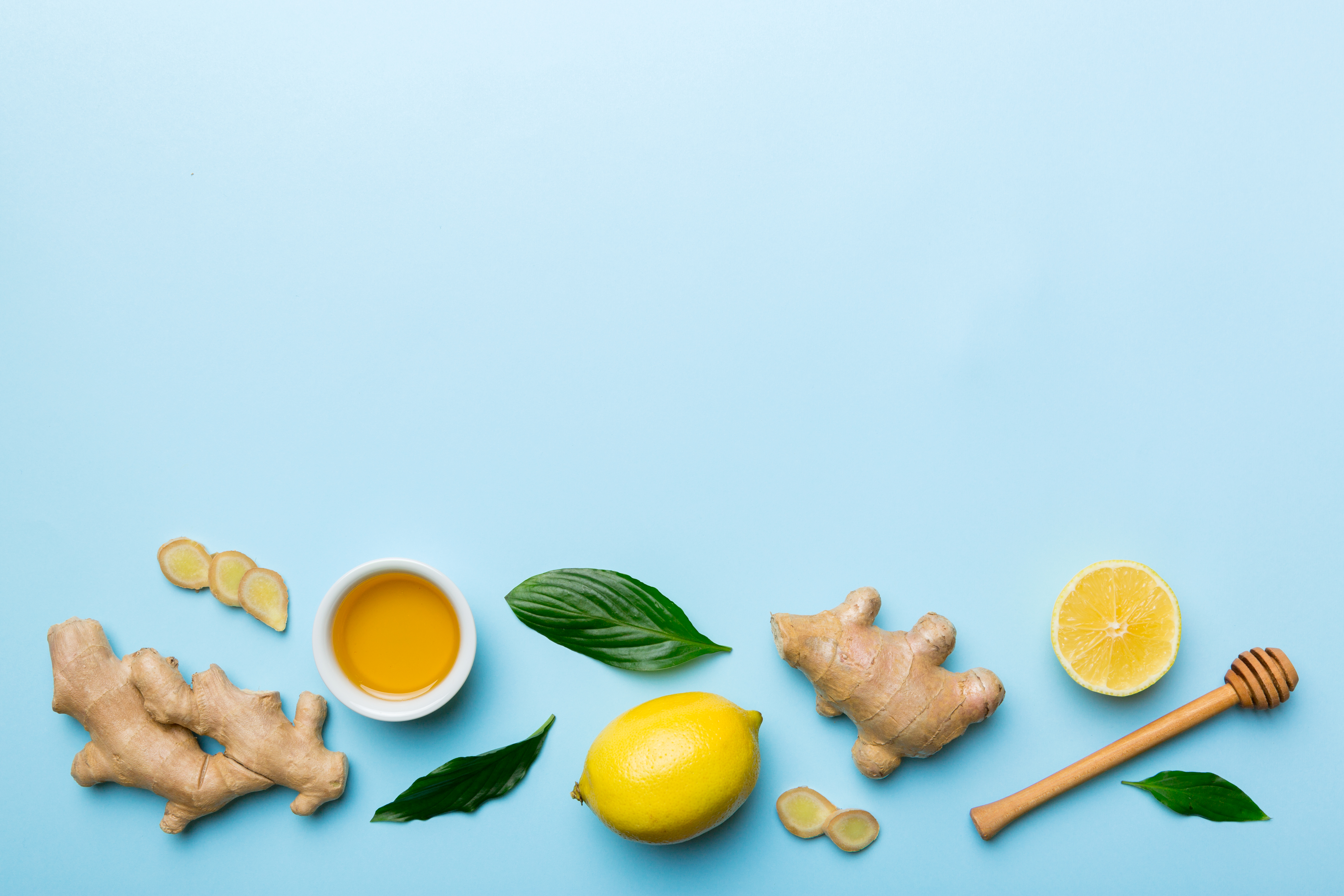
As we navigate the winter months, embracing a holistic approach to wellness can help protect against colds and flu. By incorporating these 10 easy home remedies into your daily routine, you can strengthen your immune system and reduce the risk of illness. From the immune-boosting power of vitamin C and garlic to the soothing properties of honey and essential oils, each remedy offers unique benefits that contribute to overall health. Remember that consistency is key; making small, sustainable changes can have a significant impact on your well-being. As you embark on this journey of natural prevention, may you find warmth, health, and vitality in the season ahead.